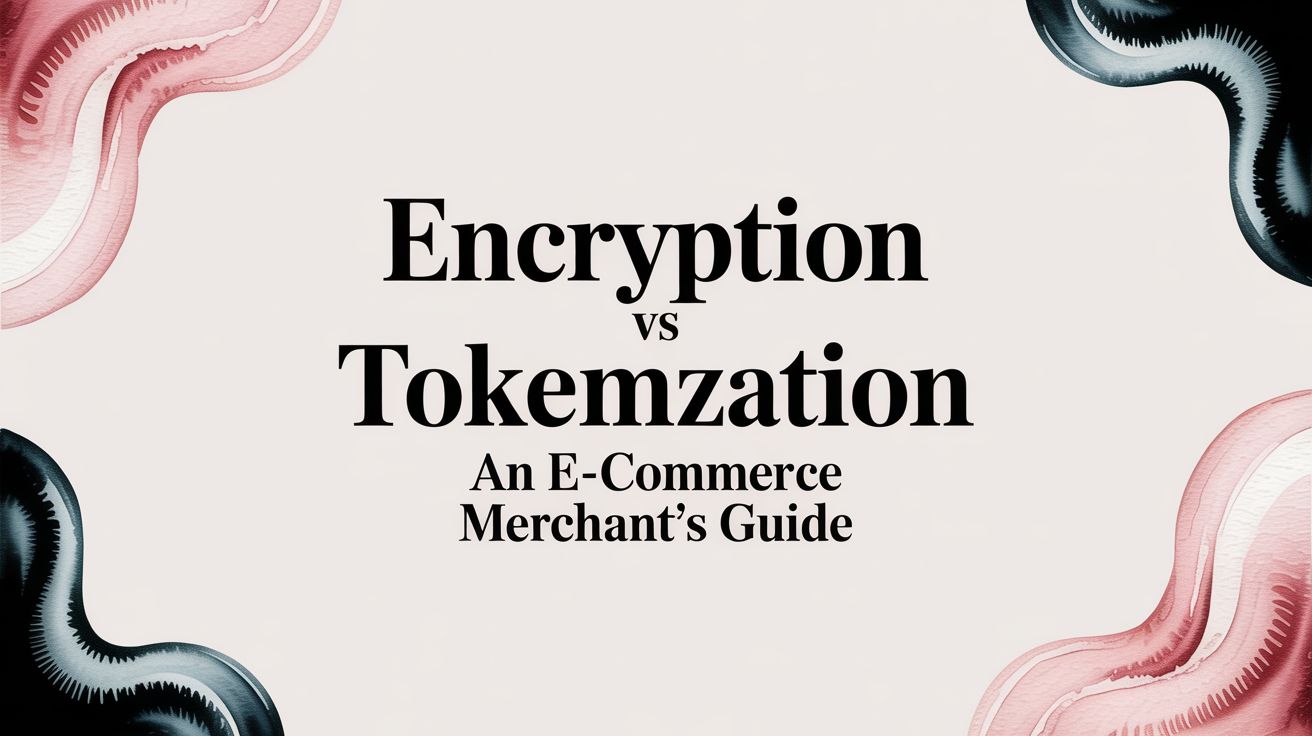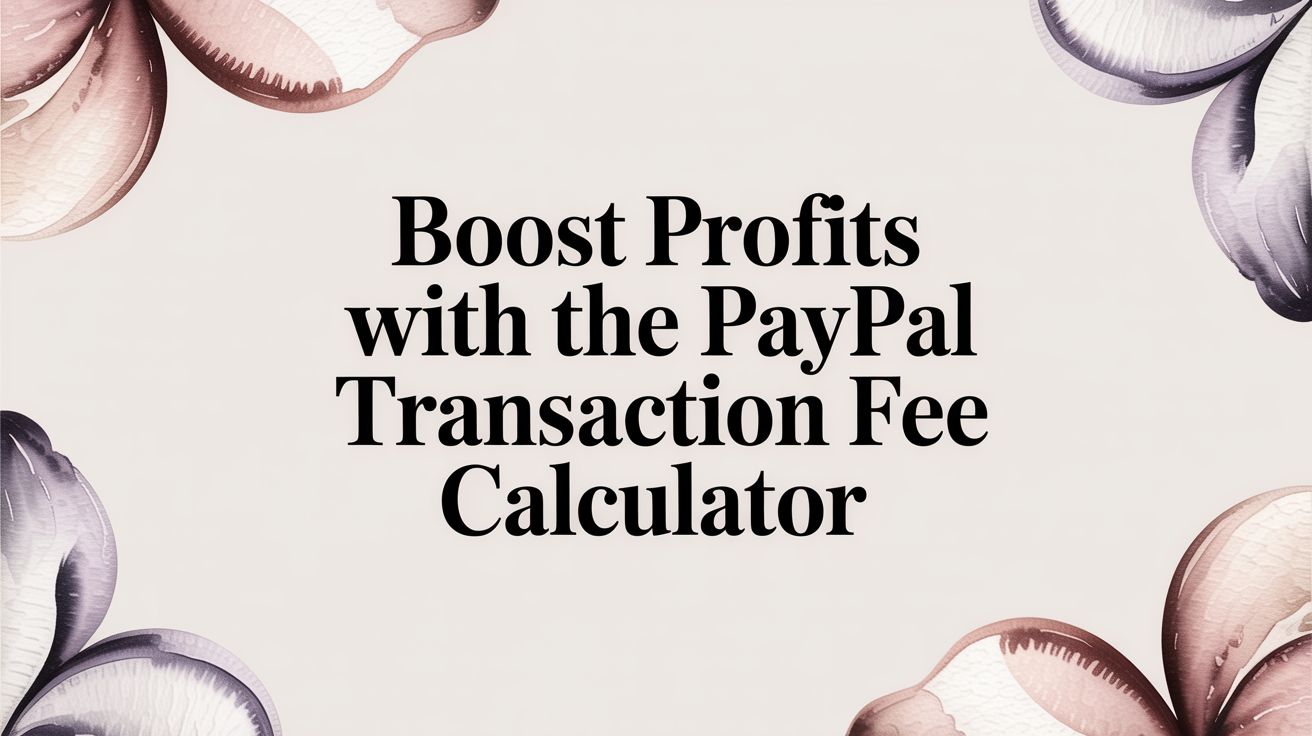
Merchants, whether you operate a small online store or a larger business, you need to know the ins and out of PNC chargebacks if your are using PNC financial services. Chargebacks, also known as payment reversals, have substantial impact on your business finances and reputation.
A chargeback occurs when a customer requests their bank to reverse a payment made to purchase a item or a digital service. Common circumstances include unauthorized transactions, fraudulent activity, and situations where customers do not receive the products or services they expected.
To reflect the intensity of chargebacks look at the statistics to understand the real-world impact of PNC chargebacks on businesses. For example, a December 2022 study found that 23% of all chargeback applicants admitted to having engaged in friendly fraud.
This alarming statistic reveals that deceptive practices are more common than you might think, highlighting the importance of being vigilant as a merchant while using PNC services.
Furthermore, a 2022 report from the Merchant Fraud Journal paints a concerning picture, showing that chargeback fraud is growing at a rate of 1.5% annually. The report also notes that the cost of fighting this type of fraud had already reached a staggering $25 billion in 2020. These figures serve as a stark reminder of the financial challenges businesses face due to chargebacks.
In this guide, ChargePay provides you with a step-by-step approach to understand and manage PNC chargebacks effectively. Our goal is to equip you with the knowledge and strategies needed to protect your business and revenue from the potential pitfalls of chargebacks.
What is PNC Chargeback?
A PNC chargeback refers to a situation where a customer requests their bank, PNC, to reverse a payment previously made to a merchant. This can occur due to various reasons, such as unauthorized transactions, fraud, non-receipt of goods or services, duplicate charges, or shipping errors. PNC investigates these cases to determine their validity, and if approved, the merchant is obligated to refund the customer's payment.

The PNC Chargeback Process: 6 Connected Steps
The PNC chargeback process is a set of steps that happens when a customer asks their bank to reverse a payment made to a business. This process usually takes about 30-90 days to finish.
Here's how the PNC chargeback process works:
- Customer's Request: When a customer wants a chargeback, they tell their bank. They need to give the bank details about the transaction, like when it happened, how much it was, and the name of the business.
- Bank Investigation: The bank then looks into the situation. They get in touch with the business and ask for more information about the transaction. The business gets a chance to explain their side of the story.
- Bank Decision: After gathering information from both the customer and the business, the bank decides whether to approve the chargeback or not.
- Merchant Notification: The business gets informed about the bank's decision through a letter or an email.
- Appealing the Decision: If the business isn't happy with the bank's decision, it can appeal. This appeal process takes around 30-60 more days.
- Refund and Fees: If the chargeback gets approved, the business has to give the customer their money back. Sometimes, the business might also have to pay fees to PNC for the chargeback.
Understanding this process can help business owners handle chargebacks more effectively and take necessary steps to prevent them in the first place.
PNC Chargeback Policy: Quick Overview of 6 Steps
PNC chargeback policy is like a set of rules that explains when and how a customer can ask their bank to reverse a payment made to a merchant. This is important for business owners to understand because it affects how they handle transactions and customer interactions.
Let's break down the key points of PNC's chargeback policy:
1. Reasons for Chargebacks
Customers can ask for a chargeback if they think they've been tricked by fraud, didn't get what they paid for, or received something that wasn't what they expected. For example, if a customer buys a product online but it never arrives, they might ask for a chargeback.
2. Time Limit
If a customer wants a chargeback, they need to do it within 60 days from when they made the payment. This time limit helps keep things fair and timely.
3. PNC's Investigation
PNC doesn't just accept chargeback requests right away. They look into the situation to figure out what happened. They'll check things like transaction records, communication between the customer and the merchant, and any other relevant info.
4. Making a Decision
Once PNC investigates, they'll decide whether the chargeback should be approved or not. If it's approved, that means the customer will get their money back. But remember, the merchant might have to give that money back.
6. Possible Fees
Here's something important for business owners to know: PNC might charge merchant fees for handling the chargeback process. These fees can add up, so it's something to keep in mind.
How does PNC Investigate Chargebacks?
PNC looks into chargebacks using a careful process to make sure everything is fair. This process usually takes around 30 to 90 days.
Here's how PNC's chargeback investigation works:
- Customer Request: When a customer asks for a chargeback, they give PNC info about the transaction - like when it happened, how much it cost, and the name of the business.
- Merchant Contact: PNC talks to the business involved and asks for their side of the story. The business gets a chance to explain.
- Review: PNC looks at what both the business and the customer said. They check all the proof and details shared.
- Decision Time: After looking at everything, PNC decides if the chargeback should be approved or not. They tell the business through email or mail.
- Appeal Option: If the business isn't happy with the decision, they can ask PNC to take another look. This part usually takes about 30 to 60 more days.
- Refund or Fees: If the chargeback is approved, the business has to give the money back to the customer. Sometimes, PNC might also charge the business some fees.
What Impact Does It Have on Merchants?
When a business owner faces a chargeback, there are two major ways it can hit their operations hard: financially and reputationally.
1. Financial Losses
Let's talk numbers. When you get hit with a chargeback, you're not just losing the sale – you're losing the money you made from that transaction. Imagine you run a small business and a customer decides to reverse a payment.
You're obliged to give back the money, which can hurt, especially if your profit margins are tight. But wait, there's more. Payment processors often slap merchants with fees for each chargeback. These fees can pile up quicker than you'd expect, squeezing your bottom line even further.
2. Reputation Degradation
We all know how word gets around. If a customer goes the chargeback route, it's often because they weren't thrilled with what they got from you. It can lead to them sharing their not-so-great experience with others, whether it's through negative reviews or just plain old conversations.
It's like a ripple effect – one unhappy customer can send potential new customers scurrying away. Maintaining a good reputation is crucial for any business, big or small.
So, think about it. Chargebacks don't just skim off your profits; they also have the power to cast a shadow on your hard-earned reputation. As a business owner, it's crucial to be prepared, proactive and customer-focused to minimize these impacts.
Preventing PNC Chargebacks: 10 Recommended Practices for Merchants
As a business owner, it's important to prevent chargebacks to protect your revenue and maintain customer trust. Here are some easy-to-follow tips to help you navigate PNC chargebacks:
1. Verify Customer Identities
Make sure you know who you're doing business with. When customers make purchases, ask for their correct name, address, and other essential details. This can help prevent unauthorized transactions and reduce the risk of chargebacks.
2. Use Fraud Prevention Tools
There are tools available that can help you spot potential fraudulent transactions. These tools analyze patterns and behaviors to identify suspicious activities. Implementing such tools adds an extra layer of protection against chargebacks.
3. Clear Terms and Conditions
When customers make purchases, provide them with clear and accurate terms and conditions. This helps prevent misunderstandings that could lead to chargebacks. When customers know what to expect, they're less likely to dispute transactions.
4. Excellent Customer Service
Good customer service goes a long way. If customers have concerns, address them promptly and professionally. Being responsive and helpful can often resolve issues before they escalate to chargebacks.
5. Promptly Respond to Chargebacks
If you receive a chargeback, don't delay. Respond to it as soon as possible. Timely communication shows that you take the matter seriously and can increase the chances of a favorable resolution.
6. Keep Detailed Records
Maintain records of transactions, customer interactions, and shipping details. These records can serve as valuable evidence if a chargeback is disputed. Having solid documentation can make a big difference in resolving cases.
7. Stay Informed
Stay up-to-date with PNC's chargeback policies and procedures. Understanding their guidelines can help you navigate the process more effectively. Keep an eye on any updates or changes that might affect your business.
8. Monitor Chargeback Trends
Regularly review your chargeback data to identify any patterns or trends. If you notice recurring issues, you can take proactive steps to address them and prevent similar chargebacks in the future.
9. Educate Your Team
Train your staff to recognize potential fraud indicators and how to handle customer concerns. A well-informed team can play a crucial role in preventing chargebacks.
10. Continuously Improve
Use each chargeback as an opportunity to learn and improve your processes. By analyzing why chargebacks occur, you can implement changes that reduce the likelihood of future disputes.

Utilizing eIDS℠ for PNC Chargebacks
eIDS℠, known as Efficient Online Dispute Resolution for PNC Chargebacks, is a web-based platform designed to facilitate communication and document exchange between merchants and PNC Merchant Services when addressing chargebacks and disputes. This platform offers several advantages to merchants:
- Swift and Efficient Chargeback Resolution: eIDS℠ streamlines various tasks involved in resolving chargebacks, including the submission and response to retrieval requests. This automation speeds up the process, enabling merchants to recover their funds more promptly.
- Reduction in Chargeback Volume: By simplifying the response process for merchants, eIDS℠ can lead to a decrease in the number of chargebacks that proceed to formal processing, ultimately saving time and resources.
- Informed Decision-Making: eIDS℠ provides comprehensive information on each chargeback and dispute, encompassing cardholder claims and the merchant's response. This data empowers merchants to make well-informed choices on how to handle each case.
To utilize eIDS℠ for PNC chargebacks, merchants must register an account. Once registered, they can access the platform via the PNC Merchant Services website.
To initiate a chargeback dispute through eIDS℠, merchants start by submitting a retrieval request. A retrieval request seeks additional information from the cardholder's bank regarding the chargeback. PNC Merchant Services then acts on behalf of the merchant by transmitting this request to the cardholder's bank.
After receiving a response from the cardholder's bank, PNC Merchant Services uploads this information to eIDS℠. Merchants can then access this response and submit their own supporting documents to PNC Merchant Services.
The next step involves PNC Merchant Services reviewing the merchant's documentation and rendering a decision on the chargeback. If PNC Merchant Services rules in favor of the merchant, the chargeback is reversed, and the merchant's funds are reinstated.
Here are some valuable tips for effectively using eIDS℠ for PNC chargebacks:
- Timely Retrieval Requests: It's crucial to submit retrieval requests promptly to initiate the chargeback resolution process without delay.
- Accurate and Complete Information: When filing retrieval requests or responding to chargebacks, ensure all information provided is accurate and comprehensive to enhance the likelihood of a favorable outcome.
- Thorough Document Review: Carefully review all documentation before submission to PNC Merchant Services to guarantee its accuracy and completeness.
- Open Communication: Don't hesitate to communicate with PNC Merchant Services if you have any inquiries or concerns regarding the chargeback resolution process.
In conclusion, eIDS℠ proves to be an invaluable tool for merchants seeking efficient and speedy chargeback resolution. By harnessing the capabilities of eIDS℠, merchants can enhance their cash flow and overall profitability.
Navigating PNC Bank Dispute Charges in 7 Simple Steps
Dealing with PNC Bank dispute charges as a business owner might sound complex, but we're here to break it down for you. When a customer requests a chargeback on a transaction, it's crucial to handle it wisely to protect your revenue and reputation.
1. Understand the Situation
When you receive a dispute charge notification from PNC, take a deep breath. It means a customer is questioning a transaction. Carefully review the details of the transaction in question. Make sure you have all the relevant information at hand, such as receipts, order confirmation, and shipping details.
2. Assess Validity
Before panicking, evaluate the situation. Did the customer receive the product or service they paid for? Is the claim valid? Compare the transaction details with your records to see if there's any mismatch or misunderstanding.
3. Gather Evidence
Having evidence on your side is crucial. If you can prove that the customer received what they paid for or that the transaction was legitimate, you have a stronger case. Collect relevant documents and communication records that support your side of the story.
4. Communicate Effectively
Open lines of communication can make a big difference. Reach out to the customer promptly and politely. Address their concerns and offer a resolution. Sometimes, a misunderstanding can be resolved amicably through clear communication.
5. Respond Timely
PNC sets specific deadlines for responses. Make sure you adhere to these timelines. Ignoring or delaying a response could weaken your position and lead to the chargeback being granted.
6. Collaborate with PNC
PNC Bank acts as a mediator in dispute charges. They will assess the evidence from both sides to make a decision. Be prepared to provide them with all the necessary information. Remember, a proactive approach can work in your favor.
7. Seek Professional
Help if Needed In some cases, disputes might be intricate or involve complex issues. If you're unsure how to proceed, consider consulting legal or financial experts who specialize in chargeback matters. Their guidance can be invaluable in navigating tricky situations.
Seeking Professional Assistance with AI-powered Solution
If you're a business owner dealing with PNC chargebacks, you might find a reliable solution in seeking professional assistance with AI-powered tools like ChargePay. ChargePay is a cutting-edge tool designed to help you navigate the complexities of chargebacks without the hassle.
With ChargePay, you don't need to worry about the nitty-gritty details of chargeback management. It responds to chargebacks in real time using the power of artificial intelligence, boosting your chances of winning by up to 3.5 times. Imagine having the upper hand in resolving chargebacks effortlessly.
Whether you're in professional services, entertainment, web streaming, e-learning, healthcare, ticketing, gambling, SaaS, crypto, gaming, travel, or eCommerce, ChargePay caters to all industries and handles various types of chargebacks. It becomes your dependable partner in recovering lost revenue and ensuring smooth business operations.
One of the remarkable features of ChargePay is its ability to save you time and energy. It automatically responds to chargebacks, freeing you from the manual work involved in the process. This means you can focus on growing your business and serving your customers while ChargePay takes care of chargeback disputes.
Fraudulent chargebacks can significantly impact your business's bottom line. With ChargePay's AI-driven approach, you can turn the tables on fraud. By providing accurate shipping data and proof to payment service providers, you can effectively eliminate fraudulent chargebacks and safeguard your revenue.
Trusted by over 5,000 global brands, ChargePay offers an intuitive and powerful experience, making chargeback resolution seamless and efficient. It's a game-changer for businesses looking to recover lost revenue, reduce spend, and build trust faster.
Don't let chargebacks eat into your profits or drain your resources. Embrace the future of chargeback management with ChargePay and watch your business thrive while it handles the chargeback challenges for you. We special attention to ecommerce chargeback management we are the most trust partner for store owners to automate their chargeback hassle.
Say goodbye to revenue losses and hello to a more secure and prosperous business journey. Start your hassle-free chargeback management journey with ChargePay today.
.webp)






.svg)







.svg)
.svg)
.svg)